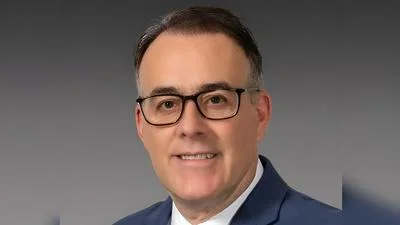WASHINGTON, DC - House Energy and Commerce Committee leaders today pushed Health and Human Services Secretary Kathleen Sebelius to fully comply with the panel’s investigation into the potentially illegal use and waste of taxpayer dollars through the Communities Putting Prevention to Work (CPPW) and Community Transformation Grant (CTG) programs. The CPPW and CTG programs, which have received funding through both the American Recovery and Reinvestment Act (ARRA) and the Patient Protection and Affordable Care Act, have been widely touted by the Obama administration as preventative health programs. The panel launched an investigation in August 2012 after HHS’ Office of Inspector General flagged potential “inappropriate lobbying activities using CPPW funds."
In the letter to Secretary Sebelius, Energy and Commerce Committee Chairman Fred Upton (R-MI), Chairman Emeritus Joe Barton (R-TX), Vice Chairman Marsha Blackburn (R-TN), Health Subcommittee Chairman Joe Pitts (R-PA), Oversight and Investigations Subcommittee Chairman Tim Murphy (R-PA), Energy and Power Subcommittee Chairman Ed Whitfield (R-KY), Vice Chairman of the Health and Oversight and Investigations Subcommittees Michael C. Burgess, M.D. (R-TX), and Rep. Brett Guthrie (R-KY) wrote, “We continue to have questions about how CPPW funds have been spent by HHS. The committee supports initiatives designed to improve health outcomes and reduce chronic diseases. However, the emphasis placed in CPPW grants on state and local public policy outcomes raises questions about whether they would be better and more legitimately spent on priorities that actually improve public health."
To date, HHS has failed to fully provide the documents requested by the committee, and the few documents HHS has provided raise new questions about the use of CPPW funding. For example, a $6,119,677 grant to the Boston Public Health Commission encourages “[c]ommunity engagement to support regulatory and other policy changes."
The members continue, “These goals seem to directly contradict the Anti-Lobbying Restrictions for CDC Grantees, which provide that ‘No appropriated federal funds can be used by CDC grantees for grassroots lobbying activity directed at inducing members of the public to contact their elected representatives to urge support of, or opposition to, proposed or pending legislation or appropriations or any regulation, administrative action, or order issued by the executive branch of any federal, state or local government.’"
The members urged HHS to provide the remainder of the documents initially requested by May 24, 2013. In addition, the members requested HHS provide a clear interpretation of the anti-lobbying provisions as well as all minutes from the CDC Advisory Committee to the Director Meetings since January 2011.





